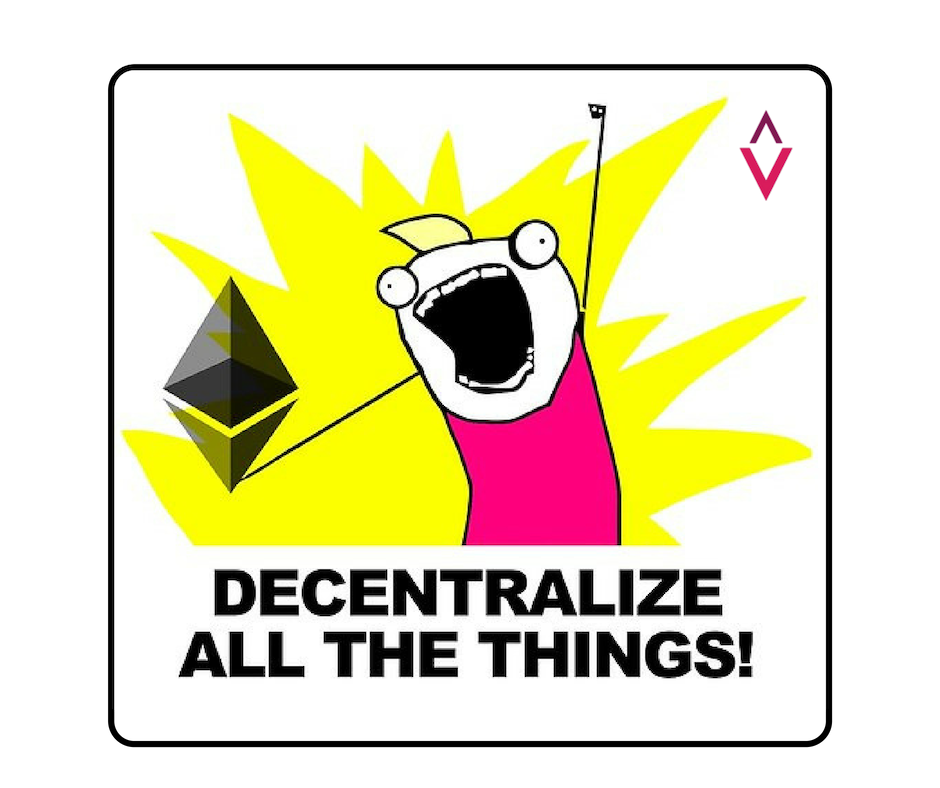Originally appeared on The Morning
By Dhananath Fernando
The recent conversation on taxi services at the Bandaranaike International Airport brought back memories of one of the times I travelled overseas as a youth. The Colombo-Katunayake Highway construction was not yet completed and I had just finished university.
I did not have the means to hire a vehicle to travel from Moratuwa to Katunayake in order to catch a flight, nor did Sri Lanka have the infrastructure or many affordable choices for a poor boy like me to reach the airport quickly at a reasonable cost. There was no PickMe nor Uber, and neither did I have a smartphone.
I left home early with my borrowed luggage from a friend and came to the Moratuwa Railway Station. I took the train from there to Pettah. From Pettah, I took an air-conditioned bus, paying extra to keep my luggage in the front of the bus and took a tuk from the bus depot to the airport departure terminal. I think the time I took to travel from home to the airport was just about 30 minutes less than the travel time of my flight.
All that I went through was due to unaffordability as well as the unavailability of affordable choices to travel. If there had been proper modes of public transport available connecting trains and airports, the lives of people like me, who could not afford a taxi to the airport, could have been easier. In the context of the availability of choices, we have to evaluate whether to allow mobile app-based and registered taxi services at the airport.
It is obvious why registered taxi services at the airport charge a higher rate. Their reasons to charge a higher rate include the cost to operate at the airport by paying rent for their operating offices and keeping an adequate fleet of vehicles. Further, their cost also includes licence fees and bribes that they have to pay to obtain the licence to operate at the airport.
However, their business model has been challenged by a more technologically-advanced operation where customers can choose the type of vehicle they want and are given the ability to check the rate for the journey prior to booking the taxi. This offers many more options including safety measures, such as the ability to contact the driver after the ride in case something is left behind after long hours of travel time.
While the operation of registered taxi services is perfectly reasonable, preventing someone else with an alternative solution from entering the market will make the lives of people more difficult. In a competitive world, competition should be encouraged.
The solutions suggested by our policymakers are absurd. Certain policymakers have wished to prevent the operation of mobile app-based taxi services at the airport. Others have suggested that the airport registered taxis should also register with mobile app-based taxi services. While the second option is somewhat reasonable, a business model being rendered uncompetitive due to the development of technology is not a problem for policymakers in the first place. Imagine bullock cart owners claiming that they are being impacted by engine-driven vehicles?
Simply, this is the evolution of the world and we have to adapt or we will lose in the market. Unfortunately, airport-based taxi services are becoming uncompetitive and more importantly, customers do not see any value in their services. If a customer sees the comparative value of one service being better than the other, they should be given the opportunity to make a choice based on the available options. This service should be valid even for customers whose hotel travel is coordinated directly.
Once we look beyond this and decide to connect our airport to multimodal transportation systems (such as connecting railways and highway buses to the airport), the airport-registered vehicles as well as Uber and PickMe taxis will witness an impact on the number of hires they receive.
Will policymakers delay connecting the airport to multimodal transport systems merely in order to protect our taxi services and drivers, overlooking affordable options for consumers?
In most airports around the world, the terminals are connected to some form of public transport while any type of taxi service is allowed. In fact, the infrastructure and signage enables mobile app-based taxis and other taxi services to pick up and drop off passengers at specific points. All modifications have been undertaken to make the lives of travellers easy, affordable, and safe, instead of protecting a group of politically-affiliated rent-seekers.
The manner in which our policymakers treat this issue is a good indication of how the majority’s choices have been compromised for political reasons, for the benefit of a few who are unproductive and uncompetitive.
This norm is not only seen in this particular scenario, but everywhere in our economy, including the State sector. Similar to how registered taxi drivers are objecting to mobile app-based taxi services, the Ceylon Petroleum Corporation wishes to keep other private companies out of the market. Some tile and bathroom fitting manufacturers wish for import bans on tiles and bathroom fittings, simply for their own benefit, as do aluminium manufacturers.
Things are the same in politics. They are all basically asking Sri Lankans and tourists who arrive in the country to take long journeys, wasting a lot of their precious time and call it a ‘beautiful life in the paradise island or Asia’s little miracle’.
‘So Sri Lanka’; is it actually a miracle?




